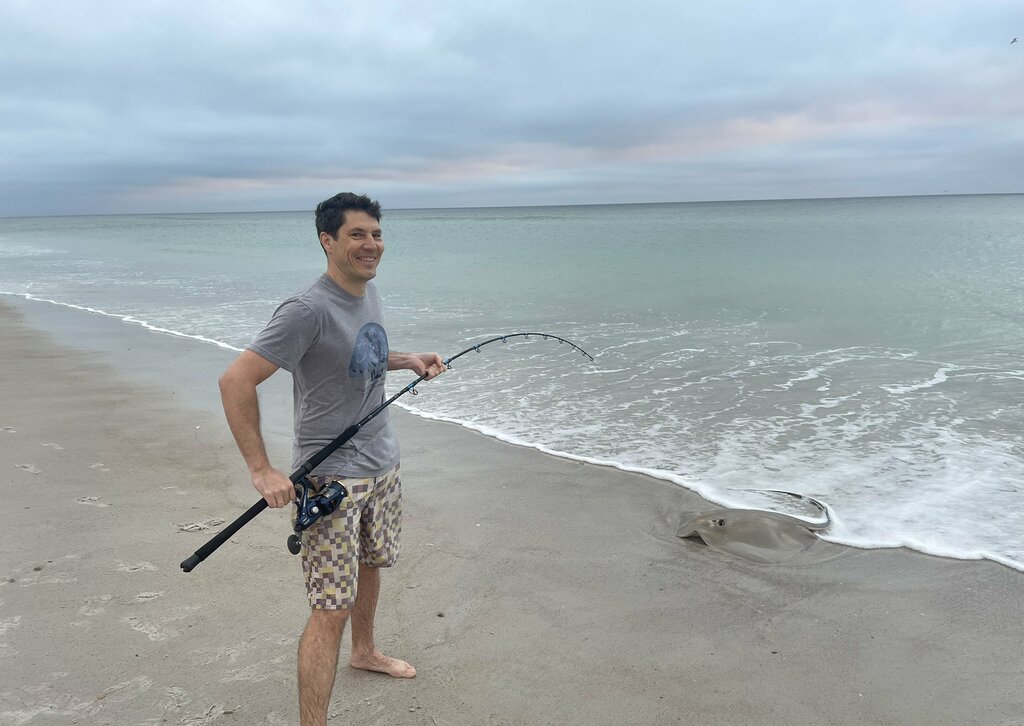The Goal of the Russ Lab is to work towards the betterment of human health with a focus on autoimmune type 1 diabetes. To test innovative hypotheses with rigorous scientific inquiry to broaden the current scientific knowledge and better ourselves and our experimental approaches in the process.
The emphasis of our lab is to develop innovative regenerative medicine approaches with a focus on understanding the underlying molecular and cellular mechanisms resulting in autoimmune type 1 diabetes (T1D) in humans. The lab employs state-of-the-art human pluripotent stem cell technology and primary human cell/tissue culture with genome engineering approaches to model and potentially treat patients. The Russ lab has successfully worked on different aspects of translational research, which led to several original and important contributions to the fields of pancreatic beta-, thymus- and pluripotent stem cell- biology. The lab's long-term goal is to understand why T1D develops, to develop novel intervention and treatment modalities, and to train and enable the next generation of scientists focused on regenerative medicine strategies.
Meet the team that makes the Russ Lab run

Primary Investigator

Post Doctoral fellow

Post Doctoral fellow

2nd year Phd student

1st year Phd student

1st year Phd Student

Lab Manager
Jamie Poria
Arielle Dicang
Roberto Castro-Gutierrez, Ph.D
Ali Shilleh, Ph.D.
Lucas Armitage, Ph.D.
Stephan Ramos, Ph.D.
Taylor M. Triolo, MD
Quinn Mataschek, BS
Chris Shaff, BS
Maria Hansen, MS
Balachandar Nedumaran, Ph.D.
Amanda Windhof, Ph.D.
Fiona M. Docherty, Ph.D.
Shane Williams, BS
Prabha Yadav, MBA

We have a keen interest in the advancement of stem cell-derived organoids as a tool for providing curative treatment options to type 1 diabetic patients.

Our stem cell-derived beta cell protocol is an important tool to help us test potential drugs, discover how beta cells function, and how T-cells interact with beta cells can lead to T1D.

Our lab has developed a stem cell-derived thymic organoid that will allow us to answer important immunological questions on how autoreactive T-cells are educated, how dysregulation of T-cell education can lead to autoimmune diseases, and potentially provide a cell replacement technique to treat Autoimmunity.
The Russ Lab is a part of the Diabetes Institute here at the University of Florida. Here we join forces with Physicians and researchers to try to treat and discover cures for autoimmune Diabetes, we also share space with nPOD, the leading pancreatic organ donation network for research, an invaluable resource to us and the Diabetes world